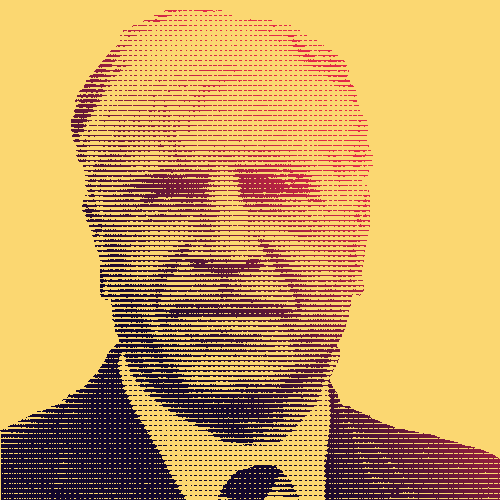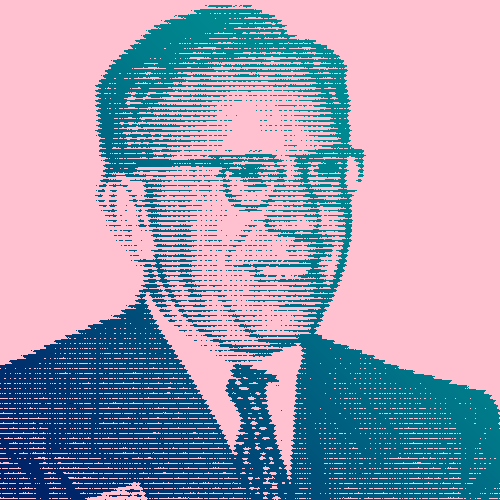Soviet mathematician Andrey Nikolaevich Kolmogorov (1903-1987) had such a wide-reaching impact without ever reaching the celebrity status his contributions deserve. Precocious, erudite, and hugely talented, he shaped modern mathematics and probability with repercussions in areas ranging from artillery to algorithms.
Kolmogorov’s mother tragically died in childbirth. His revolutionary father, who disappeared during the Russian Civil War in 1919, played no part in his upbringing. Instead, he was brought up by two aunts, initially living on the estate of his nobleman grandfather. At the age of 5, he had already found the regularity of the sum of the series of odd numbers and was “editor” of the mathematical section of the school journal.
A wandering, wonderous mind
Moving to Moscow, he finished school and started studying simultaneously at the Moscow State University and the Mendeleev Moscow Institute of Chemistry and Technology. Endlessly curious, he hadn’t yet set his heart on mathematics and dabbled in history, among other subjects — although he was already producing mathematical results of international interest.
Over the next few decades, he proved existing theories and proposed new ones in relation to set theory, the Fournier series, intuitionistic logic and more. In 1929, he completed a PhD at the Moscow State University, two years later he became a professor and was subsequently appointed head of numerous departments. As well as laying the mathematical foundations of probability theory, he also produced profound papers on stochastic processes, especially Markov processes, whose applications were (and still are) wide-ranging — from artillery fire to the probability of a species becoming extinct.
“The theory of probability as a mathematical discipline can and should be developed from axioms in exactly the same way as geometry and algebra.”
Embracing algorithms
After exploring the motion of the planets and turbulent flow from jet engines (demonstrating the role of probability in physics) and establishing cohomology groups in topology, he turned his attention to algorithmic information theory. That is to say, he explored the relationship between computation, information and randomness, a field that is today applied to machine learning, artificial intelligence and far beyond in areas like linguistics and genetics.
His contributions earned him a place at the USSR Academy of Sciences. And, when he wasn’t busy making breakthroughs and receiving awards, he helped others make their own by developing the theory of pedagogy, particularly for gifted children.
Although the list of all his contributions is far too long to include, one thing is clear. Despite an unconventional upbringing, Kolmogorov was a hugely gifted individual and prolific researcher who helped further mathematics and its practical applications.
Key Dates
-
1933
Foundational report on probability
Kolmogorov publishes General Theory of Measure and Probability Theory, with the aim of developing a rigorous, axiomatic foundation for probability.
-
1950
The Great Soviet Encyclopedia
Kolmogorov contributes to more than 80 articles to the second edition of the Great Soviet Encyclopedia.
-
1960
USSR Academy of Pedagogical Sciences
As a member of the USSR Academy of Pedagogical Sciences, Kolmogorov co-writes and reviewed school textbooks, while also helping reform the mathematics curriculum in Soviet schools.




